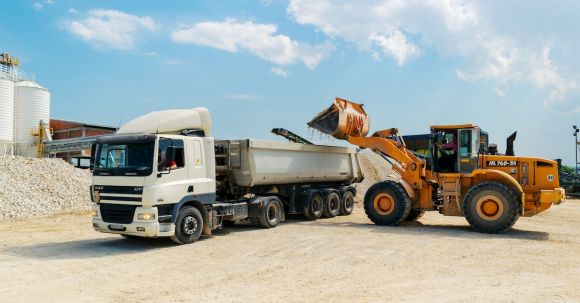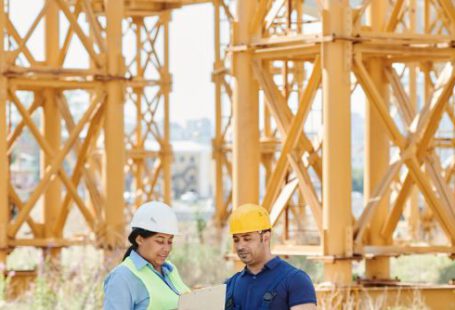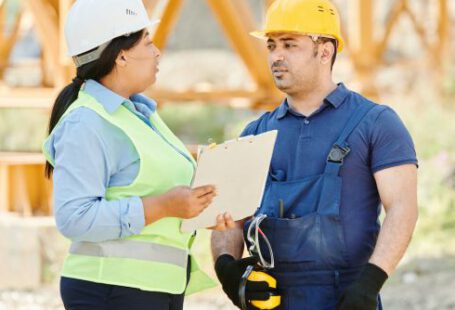In the construction industry, loaders are essential for many tasks. From the heavy-duty work of digging trenches and hauling materials to the lighter, precision tasks of transporting and loading, these machines can do it all. With the wide array of makes and models, selecting the right loader for the job can be daunting. To make things easier, this buying guide is here to provide you with the information you need to make the best choice.
Types of Loaders
When selecting a loader, it’s important to first consider the type of job you need it to do. There are three main types of loaders: wheeled, tracked, and skid-steer.
Wheeled
Wheeled loaders are the most common type of loader in construction. They are powerful, efficient, and have a good overall balance between speed and stability. They are typically used for large-scale tasks such as hauling and excavation.
Tracked
Tracked loaders are stronger and more stable than wheeled loaders, but they are slower and can cause more damage to the ground. They are ideal for jobs that require more stability and traction, such as on a steep slope or in wet or muddy conditions.
Skid-Steer
Skid-steer loaders are the most versatile type of loader. They have a small footprint and can move in any direction, making them ideal for tight spaces or delicate tasks. They are also good for jobs that require more precise control, such as loading and transporting materials.
Features to Consider
Once you have determined the type of loader you need, there are several features to consider before making your purchase.
Size
When selecting a loader, it’s important to consider the size of the machine. Loaders come in a variety of sizes, from small skid-steer loaders to large wheeled loaders. Consider the size of the job you need it to do and choose the machine that best fits the task.
Power
Power is another important factor to consider when selecting a loader. The amount of power needed will depend on the size of the job and the type of material you need to move. Most loaders are powered by diesel engines, but electric and hybrid models are also available.
Attachments
Loaders are versatile machines and can be outfitted with a wide range of attachments. From buckets and forks to pallet handlers and snow blades, there is an attachment for almost any job. Consider the types of attachments you need and choose a loader that is compatible with them.
Durability
Finally, consider the durability of the loader. Look for a loader that is built with quality materials and has a good reputation for reliability. It’s also important to read reviews from other users to get an idea of how well the loader performs.
Conclusion
When it comes to selecting a loader for your construction job, there are many factors to consider. From size and power to attachments and durability, it’s important to choose the right machine for the job. This buying guide provides a comprehensive overview of the different types of loaders and the features to consider before making your purchase. With the right information, you can make sure you select the loader that best meets your needs.






